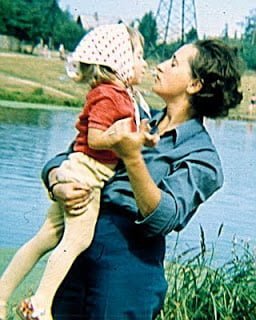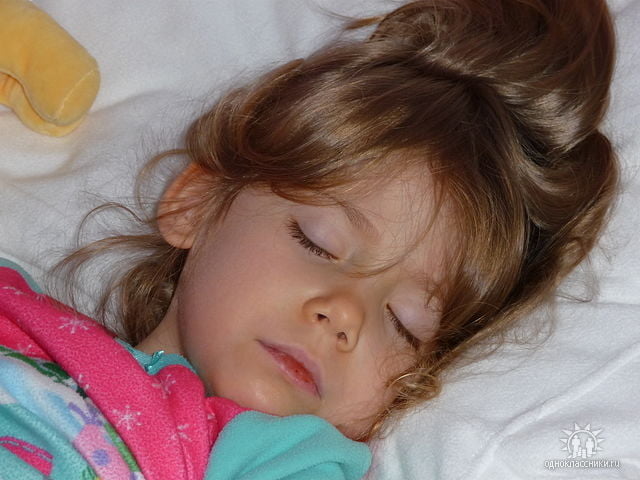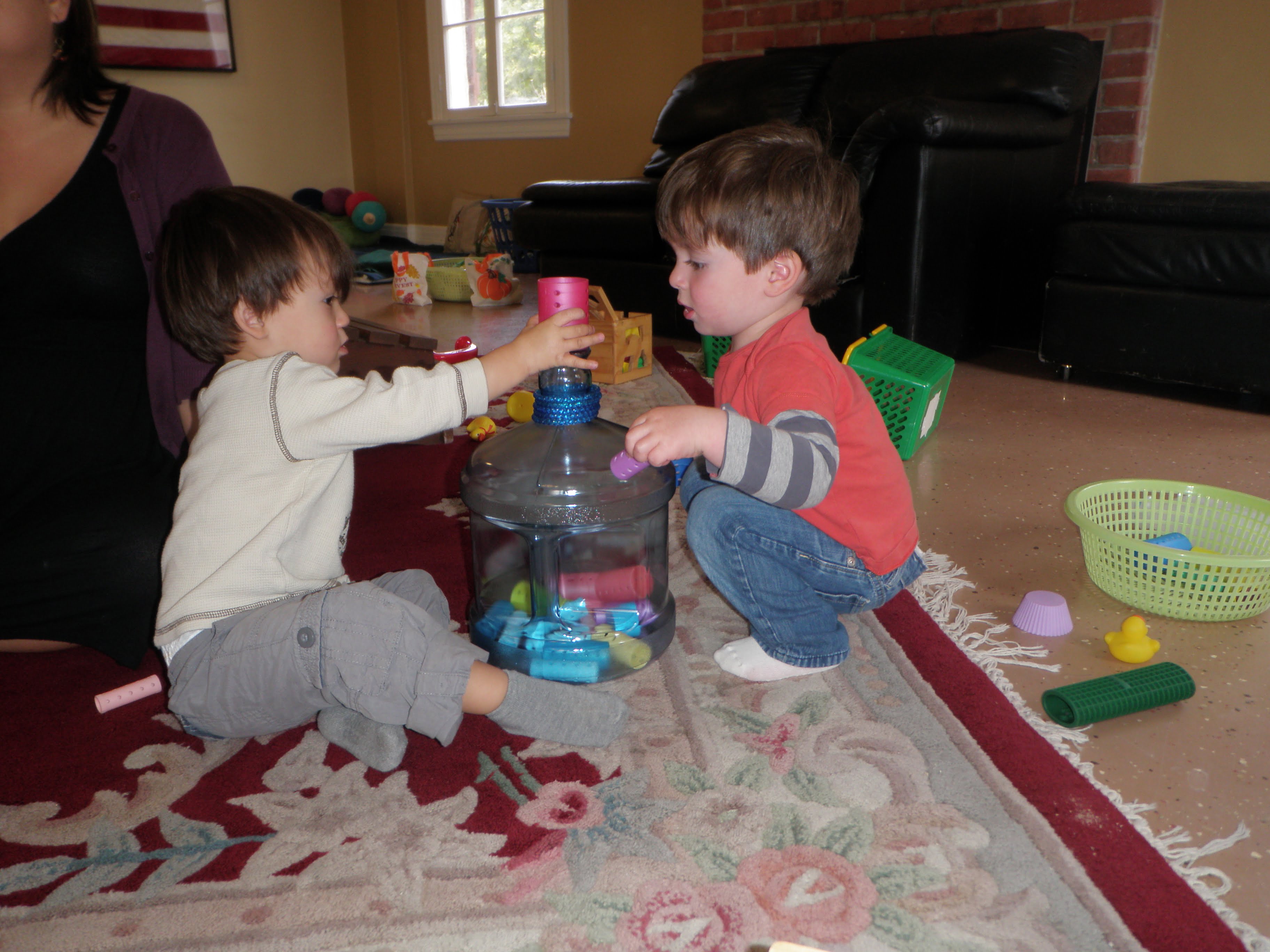When I was almost eight, I used to play school with two neighbors who were a bit younger than me. I already knew how to read, so I taught them the ABCs. We met nearly every day, and it was a lot of fun practicing together. Soon, Tanya and Rita were reading real words. I had my own pointer and a blackboard with white chalk. We spent hours pretending to be teachers and students, writing, drawing, counting, and reading. It felt incredible that my friends listened to me and wanted to learn from me. Their parents were amused and grateful. So, I thought, becoming a teacher must be easy and incredibly rewarding, right? Well, turns out, that was a bit of a naive and hasty conclusion. We all know teaching isn’t exactly a walk in the park, but the rewarding part was spot on.
Early experience
This early experience helped me find my passion and purpose. I stuck to the plan of becoming a teacher and educator, though that plan evolved over the years. I started with the idea of teaching children letters and numbers, thinking that would be my purpose. But over time, I began to think, “What if I could teach them about the world, about being kind, respectful, and assertive?” I used to think of children as blank slates, needing someone to fill them with knowledge. At that time, I wasn’t familiar with philosopher John Locke’s concept of the mind as a “blank slate” at birth. However, as time passed, I came to recognize the shortcomings of such thinking. Babies aren’t born as an empty canvas after all.
At fifteen, I began volunteering at a local preschool and stumbled upon an amazing book by Dr. Haim G. Ginott called “Between Parent and Child” – my first book on child development. It completely changed how I saw the relationship between adults and children.
After graduating from Child Development College and starting work as a preschool teacher, I noticed that while some children had a positive experience, others challenging time. Teachers, including myself, tried to solve their problems, but it felt like a never-ending cycle. Something was missing!!
RIE® approach
Then, at Cottage Coop, where I worked, we hosted a presenter named Erica Orosco Cruz for our Parent Education Night. She’s a RIE Associate (Resources for Infant Educators), and her emphasis on respecting infants and toddlers as individuals struck a chord with me. She encouraged allowing young children to explore and learn at their own pace, without too much intervention from adults. Her approach emphasized slow and respectful caregiving and involved the child in the process.
During her presentation, Erica shared a vulnerable moment with her son – a meltdown in the middle of a grocery store. Instead of getting angry or trying to stop him from crying, she sat with him, helping him regulate his emotions. That resonated deeply with me.
After Erica’s presentation, I asked her a very practical question: What would she say and do if one toddler was on the tricycle while another child also wanted the same tricycle, pulling on the steering wheel? Erica said, “Well it depends… I might simply say that Susie is on the tricycle.” I then asked Erica what else she would say. Erica responded that she might not need to say anything else. Wait!! What do you mean you don’t need to say anything else? Don’t we need to explain to the child that Susie is on the bike right now and that he needs to wait for his turn, and that it is not fair to take it away from Susie? And oh, yes, we can tell him that he can ask Susie politely, but that she can also say no because she was first. No, the toddler doesn’t need to be bombarded with words and information. He needs us to trust his ability to make the decision. Grown-ups sometimes talk too much and children just tune us out. So I decided that I needed to give it a try, even though it felt awkward, not enough, and strange. The next day I went to preschool and tried out this approach – and it WORKED!! Well, no it did not work in 100% of cases, but it worked in 90%. I learned to talk less, allow time, and trust young children. Also, I realized I need to enroll in the RIE Foundation course.
So, I enrolled in a RIE Foundation course in Hollywood with teachers Elizabeth Memel and Melani Ladygo. That decision changed everything. It gave me a purpose: advocating for young children and helping parents feel confident in their roles. Teaching RIE® Parent-Infant Guidance™ classes felt like the perfect fit for me. It not only transformed my professional life, it also made me a more authentic person and brought balance to my life. My internship with Ruth Anne Hammond and Deborah Solomon allowed me to delve deeper into the Educaring Approach, and teaching these classes became the best career choice I’ve ever made. It was like all the puzzle pieces finally clicked into place.
Thank you to Bold Journey Magazine to inspire and encourage me to finally put my story in writing. To read the full story go: https://boldjourney.com/meet-kira-solomatova-2/
Let me know if you need more information about RIE® Parent-Infant Guidance™ Classes.
Wishing you all the best in this difficult yet exciting journey of parenting!
Warmly,
Teacher Kira














